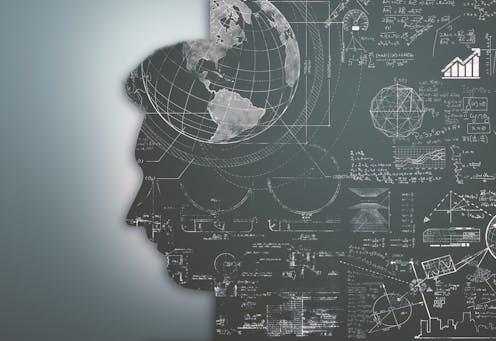Politicians step up attacks on the teaching of scientific theories in US schools
- Written by Ryan Summers, Associate Professor of Science Education, University of North Dakota
 Current efforts to stifle scientific theories in school are reminiscent of the attacks on the teaching of the theory of evolution. iStock / Getty Images Plus
Current efforts to stifle scientific theories in school are reminiscent of the attacks on the teaching of the theory of evolution. iStock / Getty Images PlusScientific theory has had a rough time in America’s public schools.
Almost 100 years ago, science teacher John Scopes was convicted of violating a Tennessee law that prohibited teaching...
Read more: Politicians step up attacks on the teaching of scientific theories in US schools

